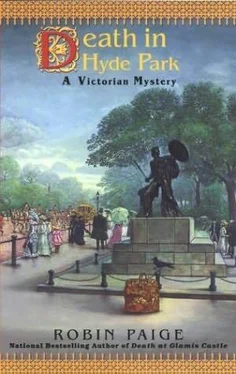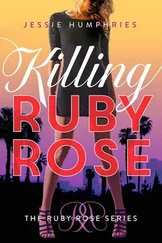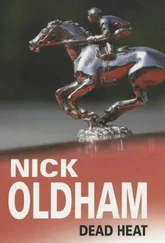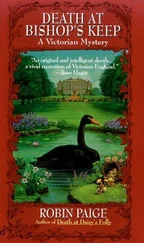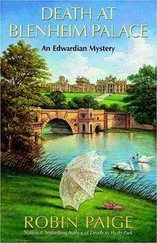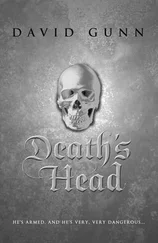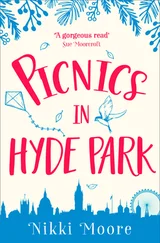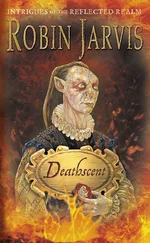“Don’t know what the world’s coming to,” Bradford said, as the butler refilled his champagne glass. “Anarchists everywhere, assassination in America, revolution on the Continent, whole thing’s going to hell in a handbasket. Don’t know why the jury acquitted that trade-unionist, either. He-”
“He was acquitted because he was innocent,” Kate put in hotly. “Because the policeman put the evidence in his room-and in the rooms of the other two men, as well.”
Edith’s eyes widened. “Oh, no,” she said. “That can’t be true, Kate! Not a policeman!” She turned with a coquettish smile to Charles. “Tell me, Charles, that it’s not true. The police would never do such a thing!”
“I’m afraid it’s rather sordid,” Charles said. “I don’t think the details would be of much interest.” He smiled at Kate, and she read the message in his eyes. Edith would neither understand nor believe what had happened, and as for Bradford Bradford frowned. “What that fellow Ashcraft did might have been technically illegal, but in my opinion, he was morally justified. The function of the police is to keep us safe from dangerous men. They must use whatever means are necessary to ferret out terrorists and lock them away.”
Charles said nothing. Kate opened her mouth to object, but closed it. Charles was right. The Marsdens were among those who feared social change because it might threaten their way of life. Argument would not persuade them otherwise. She might as well save her breath-here, at least. There would be other, more productive opportunities to speak out.
“I heartily agree with you, my dear,” Edith said in a sensible tone. “They must use whatever means are necessary. Society must be protected at all costs.”
Bradford smiled and his tone lightened. “As long as law and order are maintained, the country will prosper-as we have prospered, my dear.” He cast an approving look down the length of the table, his glance lingering on the magnificent choker Edith wore around her neck. “And if they want revolution,” he added almost carelessly, “they shall have to face the consequences. That’s all I have to say.”
Edith smiled at Kate and signalled to the footman to pull back her chair. “Shall we, Kate? I’m sure the men are going to talk about politics. We’ll go to the drawing room for coffee and our own little chat. I’ve a new silver coffee set I’d like you to see, and I’d very much like your opinion on the draperies. They were quite expensive, but I’m not sure that the color is exactly right.”
Suddenly Kate had had enough. “I’m so sorry,” she lied, “but I have the most terrible headache. I do hope you’ll forgive us if we say good night now.”
A few moments later, Kate and Charles were in a cab, on their way back to Sibley House. “I trust your headache is better,” Charles said, looking at her with a grave smile.
“It was a silver-coffee-set-and-expensive-draperies headache,” Kate confessed. “I did not think I could tolerate another minute.”
There was a longish silence. At last, Charles said, “I heard from Hardwicke Rawnsley today, Kate. He’s just back from taking a look at the land I propose to give to the Trust, and is entirely in favor of the transaction.”
“Well, I should think so,” Kate said with a little laugh. “Canon Rawnsley did not strike me as the kind of man who would look a gift horse in the mouth-especially when there are more magnificent horses to be had in a few years.”
Charles reached for her hand. “You’re sure that you approve of my giving Somersworth to the Trust? It’s not the sort of thing that Bradford or Edith Marsden would understand, and I’m sure there will be others who feel I am letting down the side by giving it up. Shirking my duty, as it were.”
“Shirking your duty?” Kate put her hand in his. “I should say you are doing your duty, my dear. The Trust will be here long after you and I are gone, and perhaps a way will be found to make Somersworth available to all the people.”
“Perhaps.” Charles’s eyes lightened. “And we might look on it as a small gesture in support of the revolution.”
